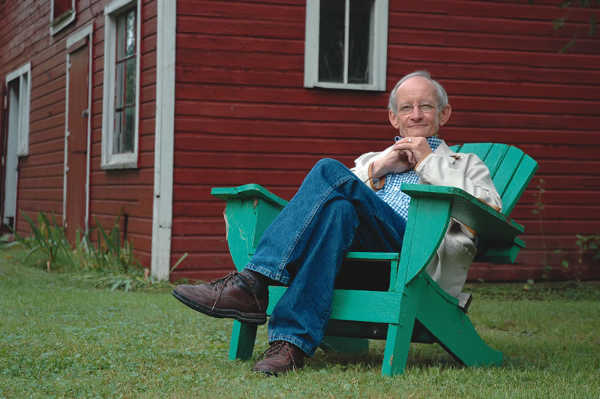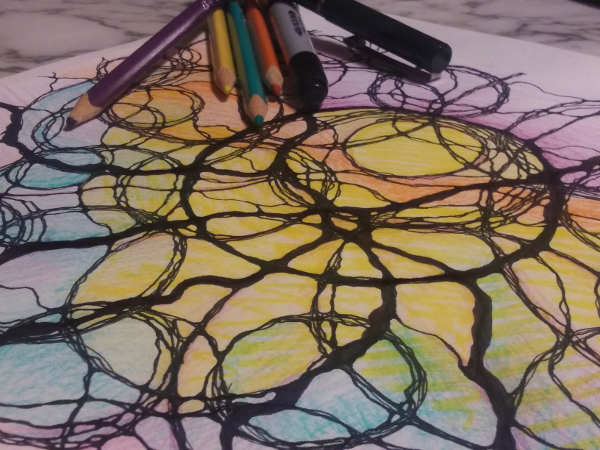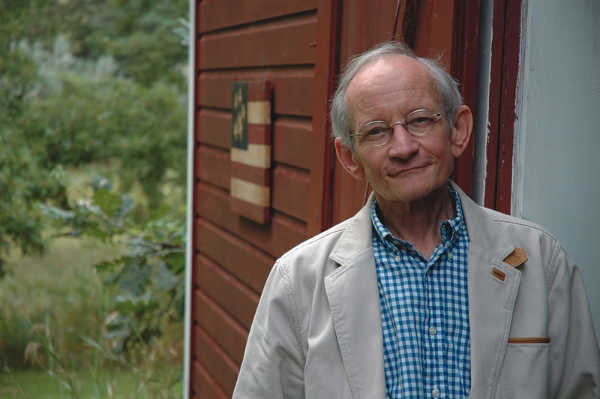- Ted Kooser
- Posted On
American Life in Poetry: Center Café

I’ve shown you a couple of poems from the anthology, Local News: Poetry About Small Towns, from MWPH Books, P.O. Box 8, in Fairwater, WI. Here’s another, by Mark Vinz, who lives in Minnesota. Time and timelessness. We’ve all been in this café, haven’t we? His latest book of poetry is Permanent Record.
Center Café
Well, you’re in town, then. The boys
from the class reunion wander in
and take their places in the corner booth,
just as they might have fifty years ago—
grayer, balder, wearing hats announcing
places far away. Their conversation
rises, falls to the inevitable—a missing
friend who worked right up until the end,
another who is long past traveling. Smiles
grow distant as their silence overtakes
the room. The busy waitress pauses,
nods. She’s always known the boys.
American Life in Poetry does not accept unsolicited manuscripts. It is made possible by The Poetry Foundation, publisher of Poetry magazine. It is also supported by the Department of English at the University of Nebraska, Lincoln. Poem copyright ©2019 by Mark Vinz, "Center Cafe," from Local News: Poetry About Small Towns, (MWPH Books, 2019). Poem reprinted by permission of Mark Vinz and the publisher. Introduction copyright @2020 by The Poetry Foundation. The introduction’s author, Ted Kooser, served as United States Poet Laureate Consultant in Poetry to the Library of Congress from 2004-2006.









